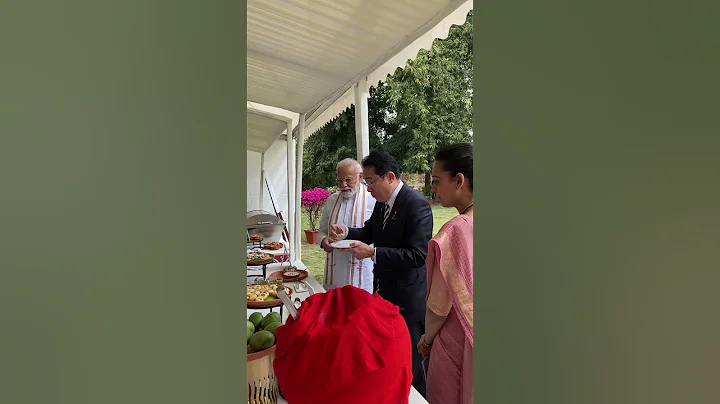
Author: Mulan
Shinzo Abe Before the bones of Shinzo Abe were cold, a major event happened in Japan. The Senate held a vote, giving the constitutional revisionists a big victory and a "key breakthrough", which was close to realizing Shinzo Abe's "national normalization". His "last wish" is one step closer. This incident is naturally a carnival for right-wing elements in Japanese society and politics. At present, it seems to be a good thing for Japan, as it normalizes the country! But in the long run, the constitutional amendment is likely to be like a cup of poison, the beginning of Japan's own destruction.
Amending the constitution is not as simple as changing the content of Japan's peace constitution, but a prerequisite for Japan to expand its military force. Once the constitutional amendment is completed, Japan will invest a huge amount of money in crazy military expansion and crazy development of various offensive and strategic weapons and equipment. Japan's Liberal Democratic Party has proposed more than once, clamoring to double defense expenditures from about 1% of total GDP to about 2%.
Don’t underestimate the 1% increase. This is not a small amount. Japan's GDP in 2021 is US$4.94 trillion, and its defense expenditure is approximately US$54.1 billion, which is a little more than 1% of GDP. If it is doubled, it will exceed US$110 billion, and it will suddenly jump to the top of the global military expenditure rankings. It ranks third on the list, after the United States and China. If this is the case, Japan will completely break the international order after World War II. How will it still look like a country where fascism once prevailed and was then locked in a cage? How can the countries in East Asia and even the world rest assured?
Japan's crazy development of military force will definitely make the country's right-wing elements very happy. However, the question is, with today's poor economic situation and weak development momentum, can Japan support such a large-scale military expansion and consumption?
Some people may refer to " Abenomics " as an argument, thinking that this is an "economic legacy" left by Abe for Japan. Acting in accordance with this "legacy" will be sufficient for Japan's expenses in the future. But this is not true. The so-called "Abenomics" simply means "three arrows" - radical loose monetary policy , active fiscal policy, and structural reforms. The most important one is the "first arrow", which to put it bluntly means throwing money into the "big pool" of Japanese society. And this is the main culprit that has caused Japan to be burdened with heavy national debt today. Japan's current national debt exceeds 9.5 trillion US dollars, making it one of the most dangerous bond markets in the world. It has been shorted for many years. It's just that this big bubble has not yet been punctured, but it has already reached the extreme. In mid-June, the Bank of Japan was attacked by Wall Street and triggered the exchange's circuit breaker twice in one day.
After all, Japan today is heavily in debt, and it is difficult to imagine that it can still support the military expansion of the Self-Defense Forces. This can't help but be reminiscent of the Soviet Union in the late Cold War. There were many reasons why the Soviet Union collapsed. One of them was that it fell into the trap of the so-called "Star Wars" of the United States and was dragged down by excessive expansion of force. Could it be that Japan will repeat the mistakes of the Soviet Union amid the national madness?
Japan's insistence on amending the constitution and achieving "national normalization" regardless of the opposition of China and other East Asian countries will have a serious consequence, which is to make its own geopolitical environment even worse. Japan owes numerous blood debts to Asian countries and has caused serious humanitarian disasters to countries in the Asia-Pacific region. However, Japan has never made the slightest sincere apology. Right-wing politicians led by Shinzo Abe have even publicly denied Japan's criminal history of World War II, many times Worship ghosts in the Yasukuni temple, revise textbooks, and dress up the crimes of aggression committed by the fascist Japanese army as a "heroic feat" of "fighting the West."
can imagine that this kind of country, which has a strong sense of extreme nationalism, is now seeking "normalization" and trying to have a strong military and the right to proactively engage in foreign affairs. This will only arouse the vigilance of Asian countries. Japan is a typical export-oriented country. If the surrounding countries remain vigilant and defensive about it, it will definitely worsen Japan's economic situation and accelerate its decline.
Looking at it dialectically, everything has advantages and disadvantages.Japan is now seeking to amend the constitution and expand its military. This is certainly a major threat to peace in Asia and the world. But looking at it on the other hand, the heavy burden brought by military expansion and the deterioration of the surrounding geopolitical environment are two major factors that determine that Japan is not rushing towards self-destruction?





















